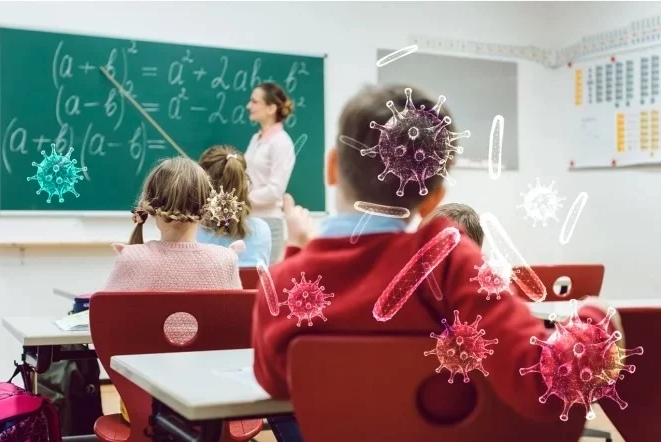Wastewater analysis allows for a real-time monitoring of the social well-being. It is based on the assumption that substances and microorganisms excreted by the human organism can be identified and analyzed, and their quality and volume changes can be extremely useful when detecting i.a. social or infectious diseases. When it comes to epidemiological research, the wastewater-based analysis is particularly important as the clinical diagnosis resources are usually limited (e.g. due to impossibility or unwillingness to do ordinary tests), and the reporting systems can be ineffective (e.g. due to asymptomatic or non-specific course of a disease).
The project includes workshops and information meetings with representatives of target groups (e.g. educational institutions) and participation in international scientific conferences aimed at increasing public awareness in the area of achieving the goals of sustainable development. The extent to which introduction and availability of the developed sensors affects the sense of security during a pandemic will be investigated during the meetings. The aspect of increasing work efficiency and reducing stigmatization of people who are mistakenly perceived as infected due to chronic respiratory diseases or allergies will also be analyzed.

Read more here:
https://zie.pg.edu.pl/en/news/2022-11/how-detect-virus-immediate-surroundings-early-warning-system-developed-gdansk-tech